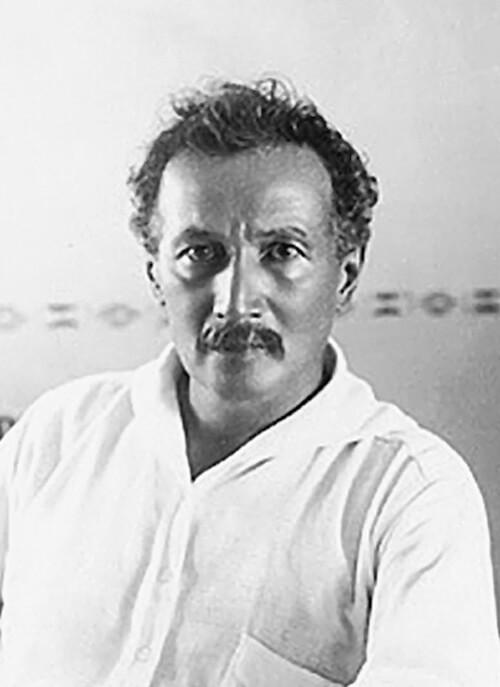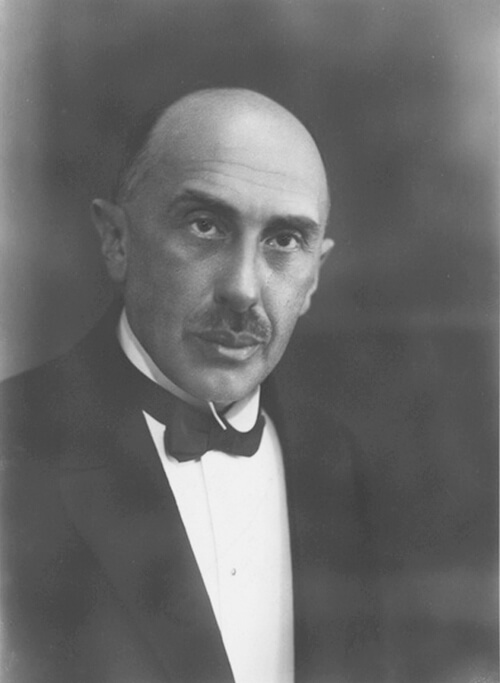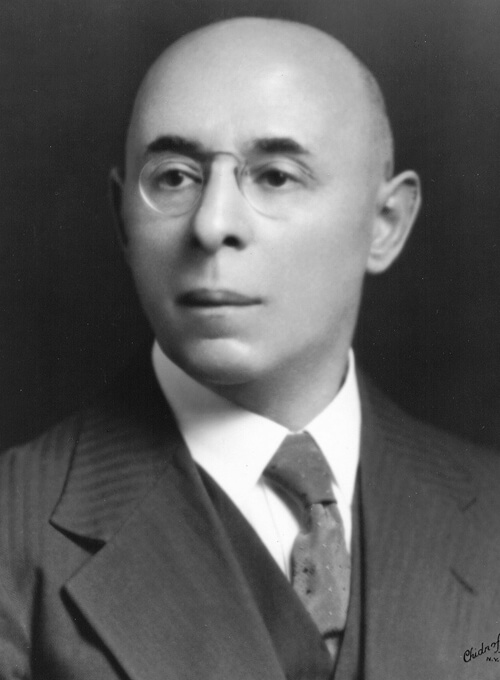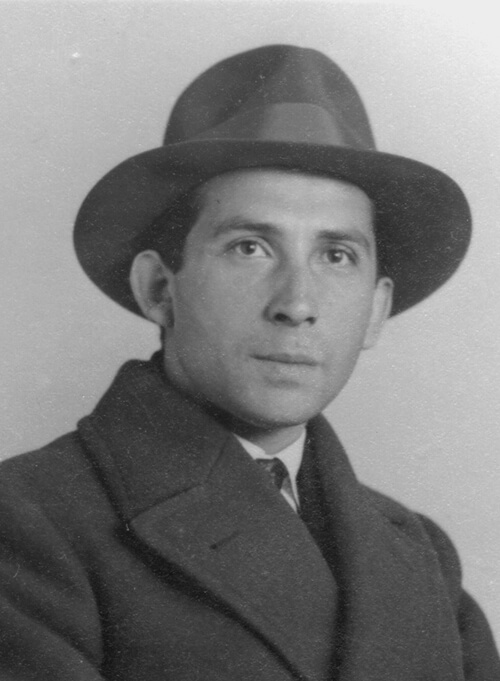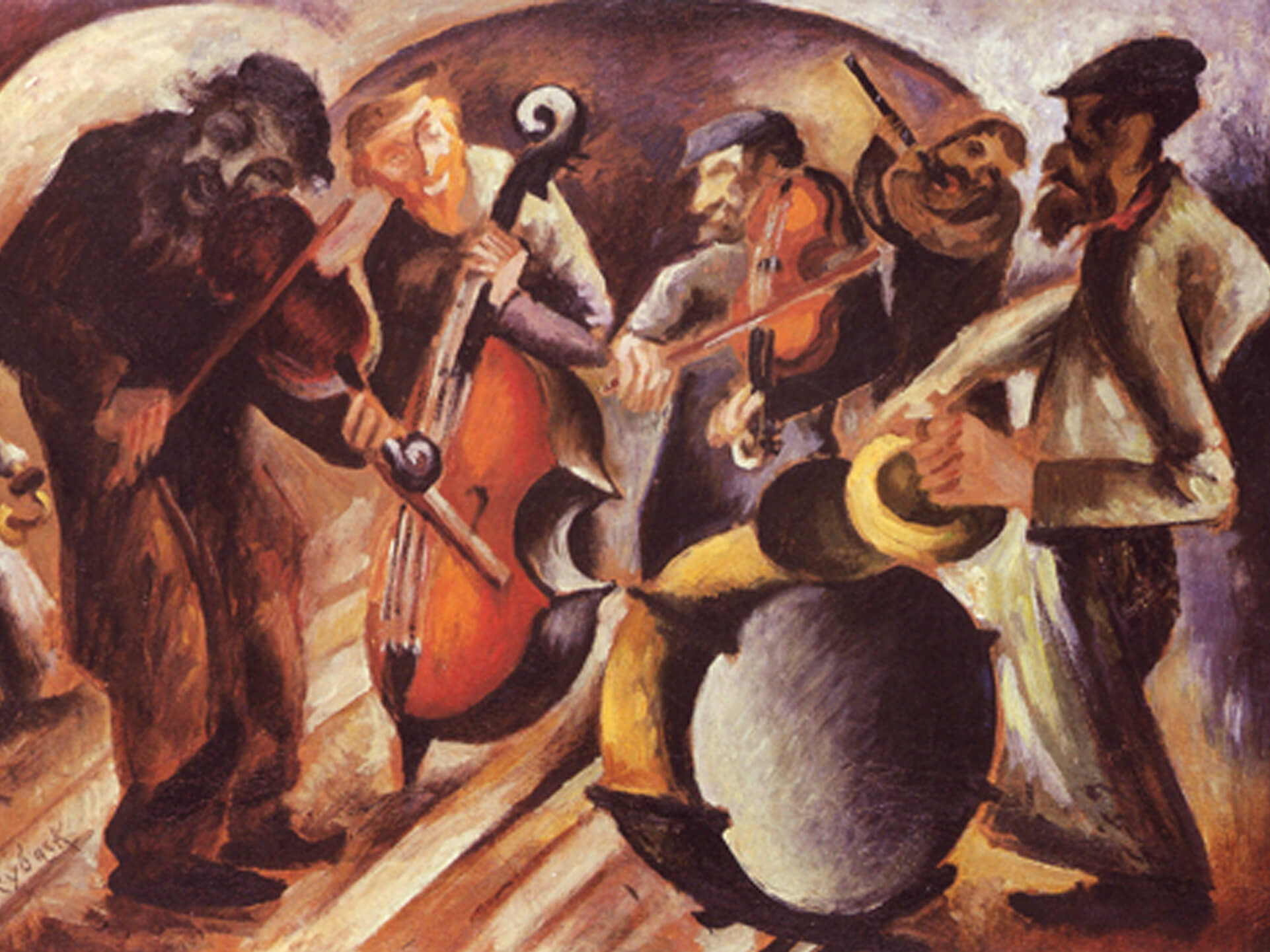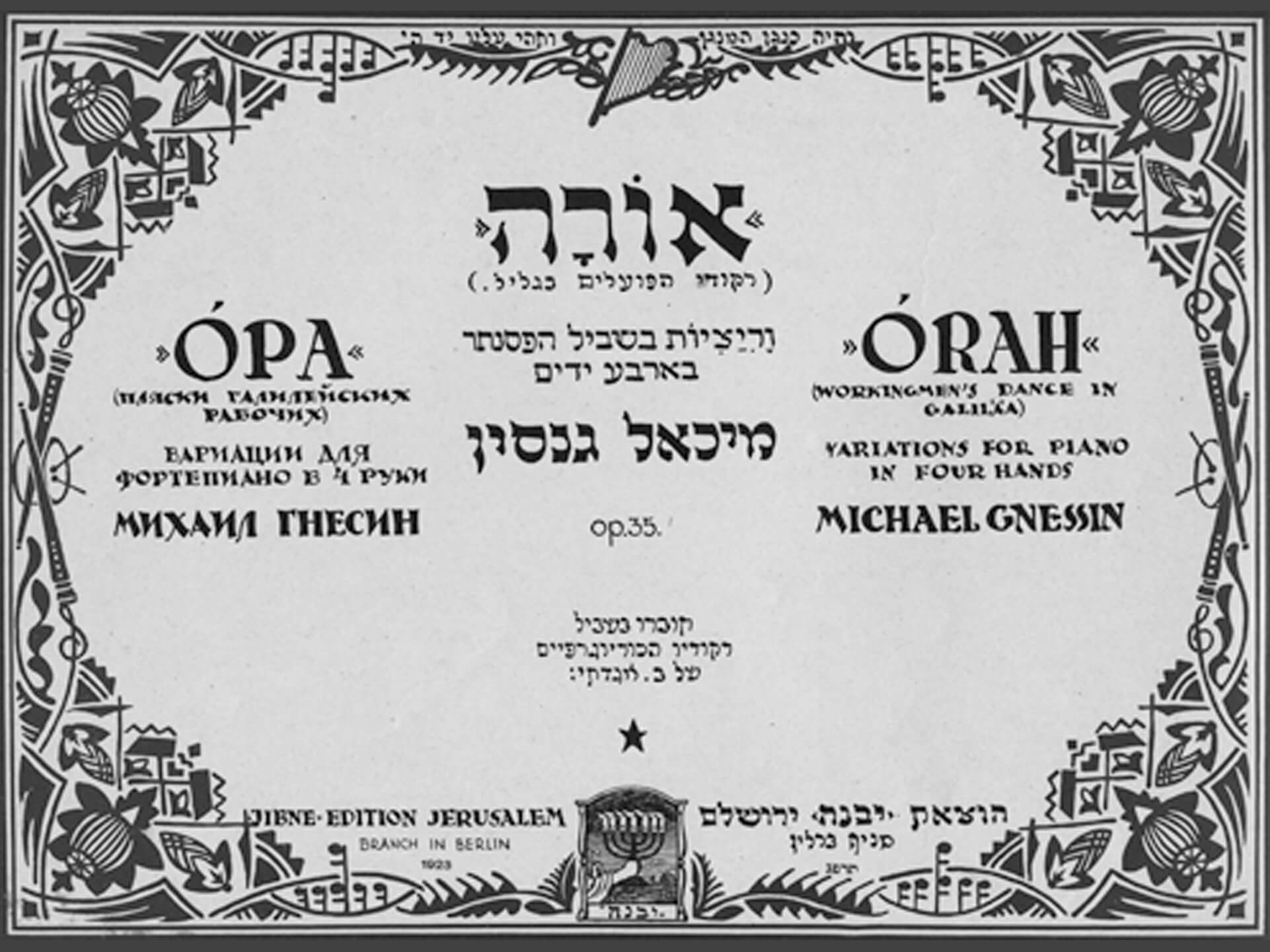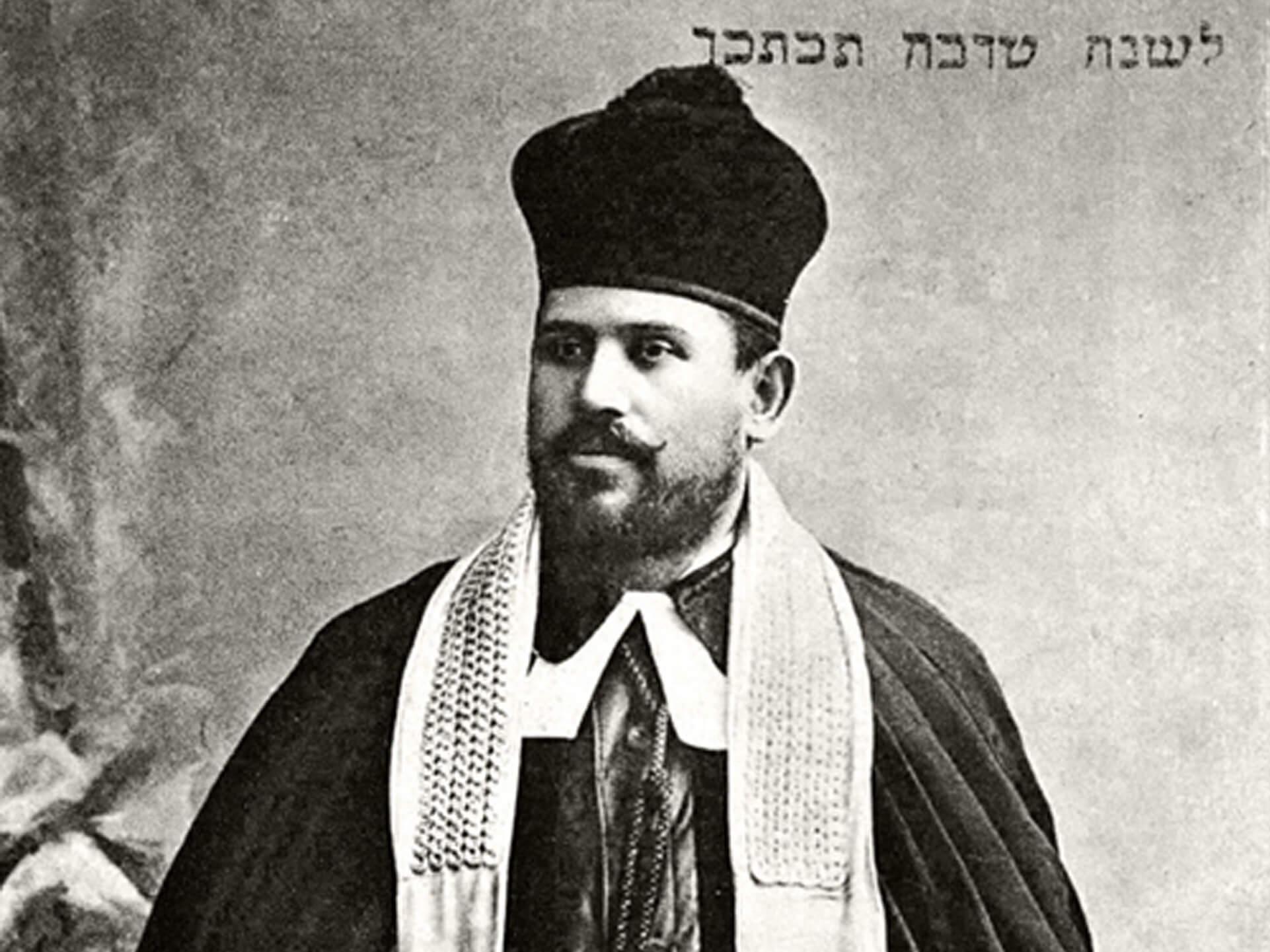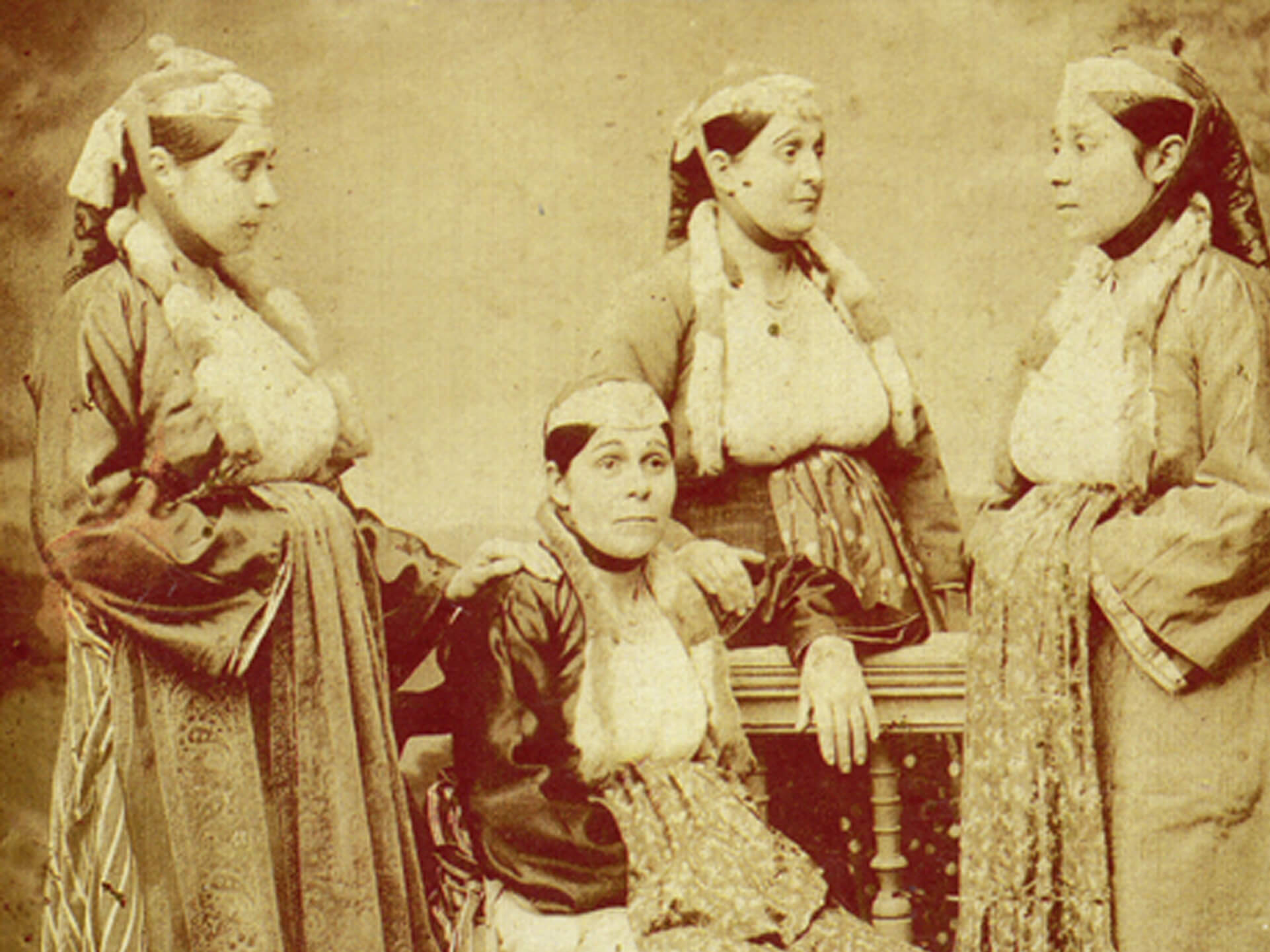The New Jewish School
For over 30 years, Jascha Nemtsov has been researching the history of the New Jewish School in music and the work of its composers.
The New Jewish School was an association of composers that was active at the beginning of the 20th century and created a national Jewish style in art music. These were works in European forms and genres that contained elements of Jewish liturgical music and Jewish folklore from Eastern Europe. Their emergence was encouraged by the “renaissance of folklore” in European music at the time, with a number of national styles as models: The Czech school with Bedřich Smetana and Antonín Dvořák, the Hungarian school with Béla Bartók and Zoltán Kodály, the Norwegian school with Edvard Grieg, but especially the Russian “Mighty Handful” with Nikolai Rimsky-Korsakov and Modest Mussorgsky.
The history of the New Jewish School began in 1908 with the founding of a Society for Jewish Folk Music in St. Petersburg. Soon branches were opened in Moscow, Kiev, Odessa and other cities. For young composers including Joseph Achron, Joel (Yuliy) Engel, Michail Gnesin, Alexander and Grigori Krein, Moshe Milner, Solomon Rosowsky, Lazare Saminsky, Lubov Streicher and others, it was an association of like-minded people; the atmosphere was collegial, but open to criticism.
Russia was initially the most important center of Jewish art music. However, the idea of an independent Jewish style in art music soon inspired Jewish composers in other countries too. From the 1920s onwards, Jewish music societies and music publishers were founded in Germany, Austria, Poland, Yugoslavia and other European countries. They organized numerous concert performances of the works of the New Jewish School, and disseminated sheet music editions. Many famous performers such as the conductor Arturo Toscanini, the violinists Jascha Heifetz and Joseph Szigeti, the cellist Gregor Piatigorsky, the pianist Maria Judina and the Beethoven Quartet took part in these performances.
The most important institution of the New Jewish School in the 1930s was the Association for the Promotion of Jewish Music (Verein zur Förderung jüdischer Musik) in Vienna, in which several composers worked: Israel Brandmann, Julius Chajes, Aron Marko Rothmüller, Joachim Stutschewsky and Juliusz Wolfsohn.
The development of the New Jewish School was forcibly interrupted by the persecutions of National Socialism and Stalinism at the end of the 1930s, after which it fell into oblivion.
During his many years of research, Jascha Nemtsov has rediscovered extensive material about the New Jewish School in over 30 important archives in Russia, Israel, the USA and European countries, as well as in several private collections. For the first time, the complete history of this association of composers has been reconstructed. The musical repertoire of the New Jewish School collected by Nemtsov, with hundreds of works in all genres, has been made accessible to the music world again. A large part of this repertoire has since been performed and recorded.
The results of his research are summarized among others in the monograph “From St. Petersburg to Vienna: The New Jewish School in Music (1908-1938) as Part of the Jewish Cultural Renaissance”.












